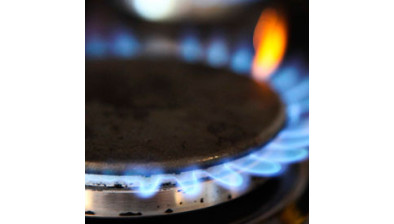Npower urged to explain ‘eye-watering’ price rise
 Energy regulator Ofgem has called on Npower to “justify” to its customers why it is introducing one of the largest energy price rises for years.
Energy regulator Ofgem has called on Npower to “justify” to its customers why it is introducing one of the largest energy price rises for years.
The energy firm has announced that it will raise standard tariff electricity prices by 15% from March 16, and gas prices by 4.8%, raising a typical dual fuel annual bill by an average of 9.8%, or £109.
Npower said the changes would only affect about half of its customers. The other half are on fixed-term deals and will see no price rise.
The rise in electricity prices is thought to be the largest since 2008, when some suppliers increased charges by up to 19%. Some gas prices went up by a similar amount in 2011.
Npower blamed increases in wholesale energy costs and the cost of delivering government policies such as smart meters and the renewables obligation.
The wholesale cost of electricity has risen by 36% since last April.
However, Ofgem said suppliers could easily avoid consumer prices rises by buying energy at forward prices.
“We don’t see any case for significant price increases where suppliers have bought energy well in advance. Npower must therefore justify the decision to its customers,” a spokesperson said.
Citizens Advice Scotland (CAS) also joined in the criticism, saying it was “consumers deserve to know exactly what they are paying for”.
Speaking from the Consumer Futures Unit at CAS, Fraser Stewart said: “This news will come as an unwelcome blow for Npower’s Scottish customers - many of whom are already struggling to pay their fuel bills.
“Npower has blamed the increases on wholesale energy costs, and the cost of delivering government policies. However, this announcement comes only two weeks after Ofgem told suppliers they should absorb the costs of wholesale price rises by buying energy in advance.
“We would urge Npower and other energy suppliers to be upfront and tell us what is causing their bills to go up by such eye-watering amounts. Consumers deserve to know exactly what they are paying for, so they are able to compare different suppliers and switch supplier if they want to.”







